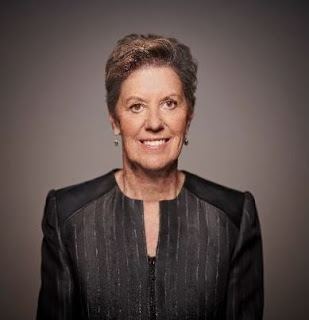Prior to her appointment to the Bench in 2000, she worked as a solicitor and barrister for 23 years in the area of family law. She was one of two Hague Network Judges for Australia in relation to the Hague Children’s Conventions and is Australia’s representative and Chair, international Working Group for The Hague Conference on Private International Law in relation to Child Abduction Convention.
She spoke on the review of the Family Law Court, by informing the meeting that the original Bill to merge the Family Court with the Federal Circuit Court was withdrawn. There were many submissions received and amendments included, incorporating recommendations from these submissions. The updated Bill has gone to the Senate Legal and Constitutional Affairs Committee who will report to Parliament in November. This is Parliament working positively to ensure appropriate change occurs. One structure has been recommended with two Divisions – Family Law and Federal Circuit, which Diana believes is desirable, more practical, one set of rules, with one point of entry and one head for both the Federal Circuit and Family Court of Australia (FCFC). This also provides regulation of the number of trained judges in the Family Court. Diana would like to see this legislated. Paragraph 11(2) provides that, by reason of knowledge, skills, experience and aptitude, the person is a suitable person to deal with matters of family law, including matters involving family violence…to be appointed as a Judge of the FCFC (Division 1) and exercise family law jurisdiction.
There is currently a separate Appellate Division for appeals in the Family Court with 3 judges. This is under review with the possibility of one judge hearing appeals. There needs to be consistency with the trial judge. Submissions from women’s organisations and the legal profession have been mainly supportive of amendments with some reservations e.g., risk assessment and need for robust qualification process. There needs to be transparency in appointment of judges, with proper process, with specialist judges.
Most issues suggested remain and are working well. The Appeals Division needs to be maintained. The Government is funding a risk screening and triage pilot in the Adelaide, Brisbane and Parramatta registries of the Family Court and Federal Circuit Court of Australia. The pilot program is being implemented under the Lighthouse Project to provide guidance and support to families experiencing, or at risk of, family violence and other risk behaviours, much as a lighthouse provides light and navigation waypoint for ships.




